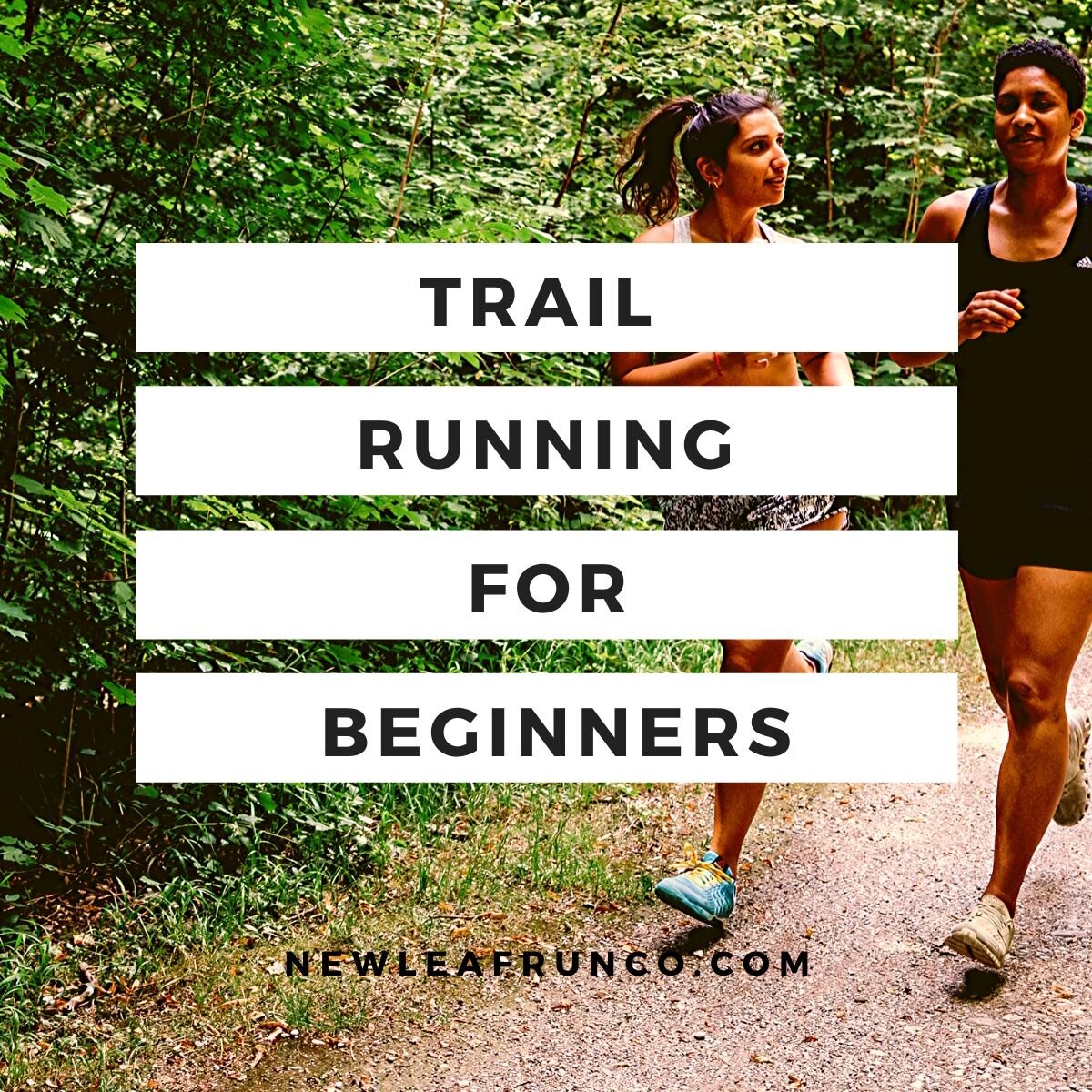Guide to trail running for beginners
Whether you are a runner looking to switch to trails or a beginner trail runner researching how to trail run, we have put together the answers to some questions that you will find helpful. We were all beginners at one point, and the following questions are ones that I asked when I started trail running.
Do I need trail shoes to start trail running?
No, you do not need trail shoes to start trail running! All you need to give it a try the first few times is a pair of road running shoes and a trail. Yup, that is it. I’m a big proponent of making do with what you have until you know that you love your new sport and want to invest in it. I started trail running in my regular sneakers, I started road biking on a $100 steel framed 30-year-old bike, and I started rock climbing in my sneakers. So get out there and give it a try to see if you love it. You can figure the gear out later.
Yes, trail specific running shoes will help with traction and add to your enjoyment of the sport. They also drain way better when you go through puddles then regular road shoes (this feature is a GAME CHANGER for anyone like me who HATES wet feet, cause your feet are going to get wet on the trails). But, you can go out for a run on a trail, be safe, and have fun without them. I did, and that's how I fell in love with the sport.
How do I find local trails to run?
The easiest way to find local trails to run on is to search for popular hiking trails in your area. This way, you can find something that is well marked and easy for you to follow. The next best thing would be to find a local trail running group and tag along for some of their group runs. Group trail runs are a very safe, controlled, and supportive environment. The group will guide you through some of the local trails. As another option, you can ask an employee at a local running store. Chances are they will know where to run some trails and if not someone else in the store will.
Is trail running more difficult than road running?
Trail running may inherently be a little more complicated than road running. There are roots, rocks, mud, and you have to watch for trail markings to make sure you don't go off course. I'll argue that those elements don't make it more difficult than road running; it is just different.
If you slow your pace down, you will find these extra variables in your run will make the experience more engaging for your mind because you can't zone out like you can on a road run as you are paying attention to your footing, trail markers, and of course all the nature.
What is a good pace for trail running? Will I be as fast on the trail as I am on the road?
There is no right or wrong pace for trail running. However, most people trying trail running coming over from a road running background will expect to and try to run the same pace on the trails as they do on the road. Trying to run too fast will lead to you not enjoying the experience and, you will get frustrated when you fumble on the roots and are not able to maintain speed you thought they could. So leave the preconceived pace expectations at the trailhead, and go out and have fun dodging roots and jumping fallen trees, and see how it feels.
The best way to ensure that you enjoy your first few trails runs is to slow down, take smaller, quicker strides (this helps you adjust your footing on the run), and try and have some fun. It will take a few runs to get used to running on the different terrain, but as you gain more confidence, then you can pick up your speed.
It's ok (encouraged) to walk uphill when you are trail running
One of the biggest mistakes road runners make when trying trail running for the first time is attempting to run all of the hills. In general, the hills on the trails are steeper and longer then you will find on most roads, and it is more efficient to hike up them. In trail running, this is called power hiking. Power hiking means that you are not taking an easy walk up the hill, but you are hiking up the hill with purpose and If you try and run up all of these hills, not only will you be slower, you will waste all of your energy and not have as much fun.
When you start trail running, don't go crazy on the downhills
Running downhill is much harder on the body than running flat or uphill. The impact forces on your muscles and joints amplify. Many new trail runners end up injured running the downhills too fast. It may be fun to let loose and run all of those downhills with reckless abandon, but until your body acclimatizes to running downhill, it is best to take the downhills easy. The best practice is to take lots of little short steps to control your speed and to decrease the impact forces on your body.
Start small and build confidence when you start running
Trail running doesn't mean that you have to be an ultra runner. You don't have to do the longest event or hardest race out there to be one of the cool kids. When you're starting out, pick manageable goals to help you build confidence on the trail. Don't start out by diving right into a remote backcountry 50k route by yourself. It's completely normal when you are starting out to be worried about getting lost on the trail and running into wildlife, so do yourself a favor and pick a well-marked, well-traveled trail that is not too long for your first few runs. Once you get the hang of keeping your head up looking for trail markers, and you get used to running on the varying terrain, then it's time to branch out and try some more challenging routes.
Trail running is social, more so even than road running.
There is a completely different vibe to trail running than road running. Road Runners are way more focused on how fast they are and getting PR's while trail running is more focused on having fun trail running. No one cares how fast you are, the fact that you are out running trails is all that matters. So when you show up for a trail race or a group trail run, expect an atmosphere of acceptance where everyone one is equal no matter how fast you are or what your level of experience is.
Do I need any special gear to start trail running?
NO! you do not need any special gear to start trail running. If you are are trying it out for the first time and you follow the advice above for starting small to build your confidence. Then, all you need is your road running shoes and a trail! Once you have decided that you love trail running and you are going to stick with it, you can get the more specialized gear.
Trail Running Safety
When you are running anywhere you should be giving safety a thought, and when you step into the woods to do it, there are a few more things to consider. Is trail running scary or unsafe? No, not at all. It might take you a few solo runs to feel completely at ease running alone in the woods, but just go ahead and start with a running buddy, or on some local trails that you are familiar with.
You should always remember to carry the proper gear, have food and water, and dress for the conditions. You may run into some wildlife out there, so familiarize yourself with the animals in the area and how to act if you do happen to see one. And consider a map and compass as essential gear when you are venturing into the wilderness.
That’s it. If you have any more questions about starting trail running, leave them in the comments below and I will answer them.
Happy Running!

